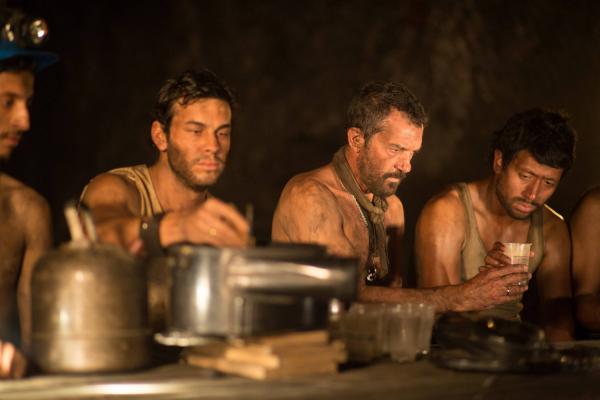Nov 18, 2015
The 33, a dramatization of the 2010 San Jose mine collapse in Chile, has all the markings of a Hollywood tentpole film. Heartfelt, incredible true story: check. Touching human drama: check. Stirring score: check (it’s one of the last created by composer James Horner before his death in June, giving it extra poignancy). There are more lines about “not giving up” than there are tears in an Oscar acceptance speech. The 33 fits the end-of-year crowd-pleaser profile in every way.
The 33 tells the famous story of the collapse of the gold mine in Chile’s Atacama desert from three different perspectives.
Read the Full Article

Already a subscriber? Login
